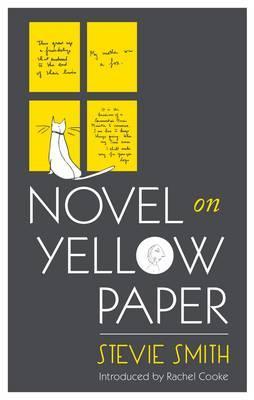What do you think?
Rate this book


256 pages, Paperback
First published January 1, 1936
"But oh how sure I am that it is so much better to have love with all its pains and terrors and fanaticism than to live untouched the life of the vegetable. But how it tears one, and how unruhig it is."